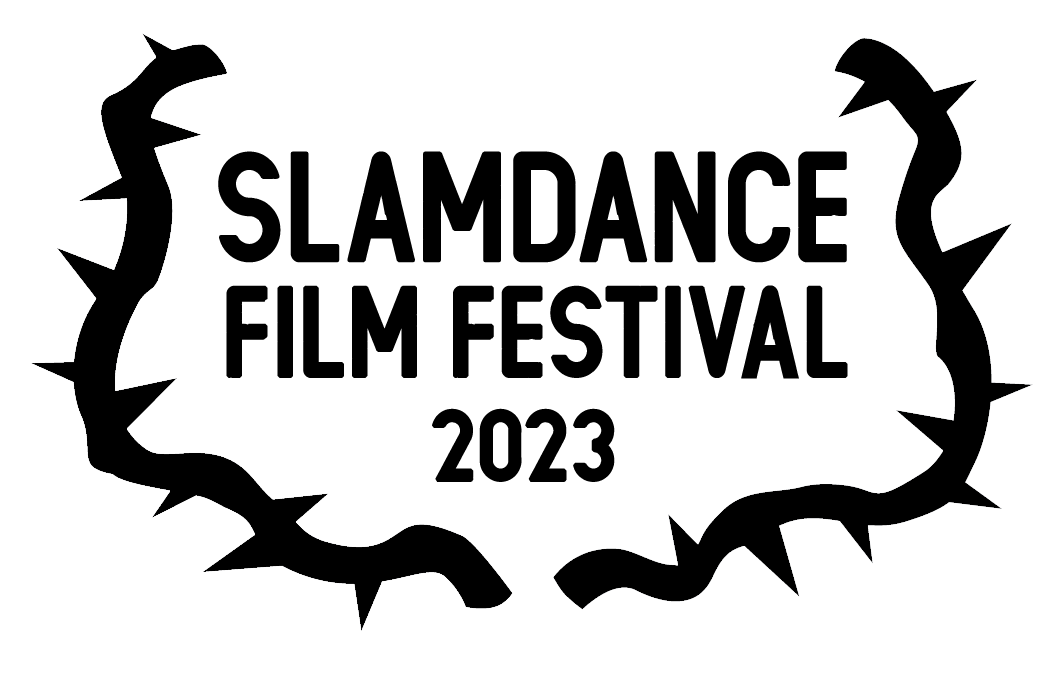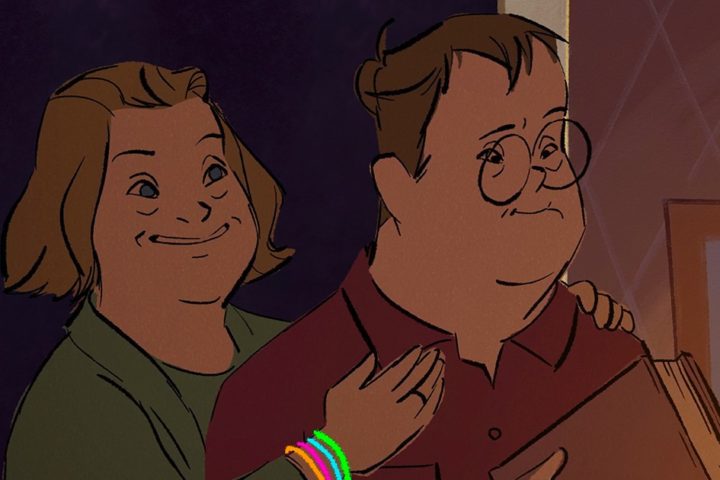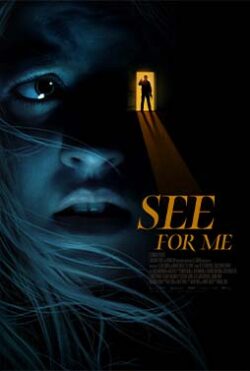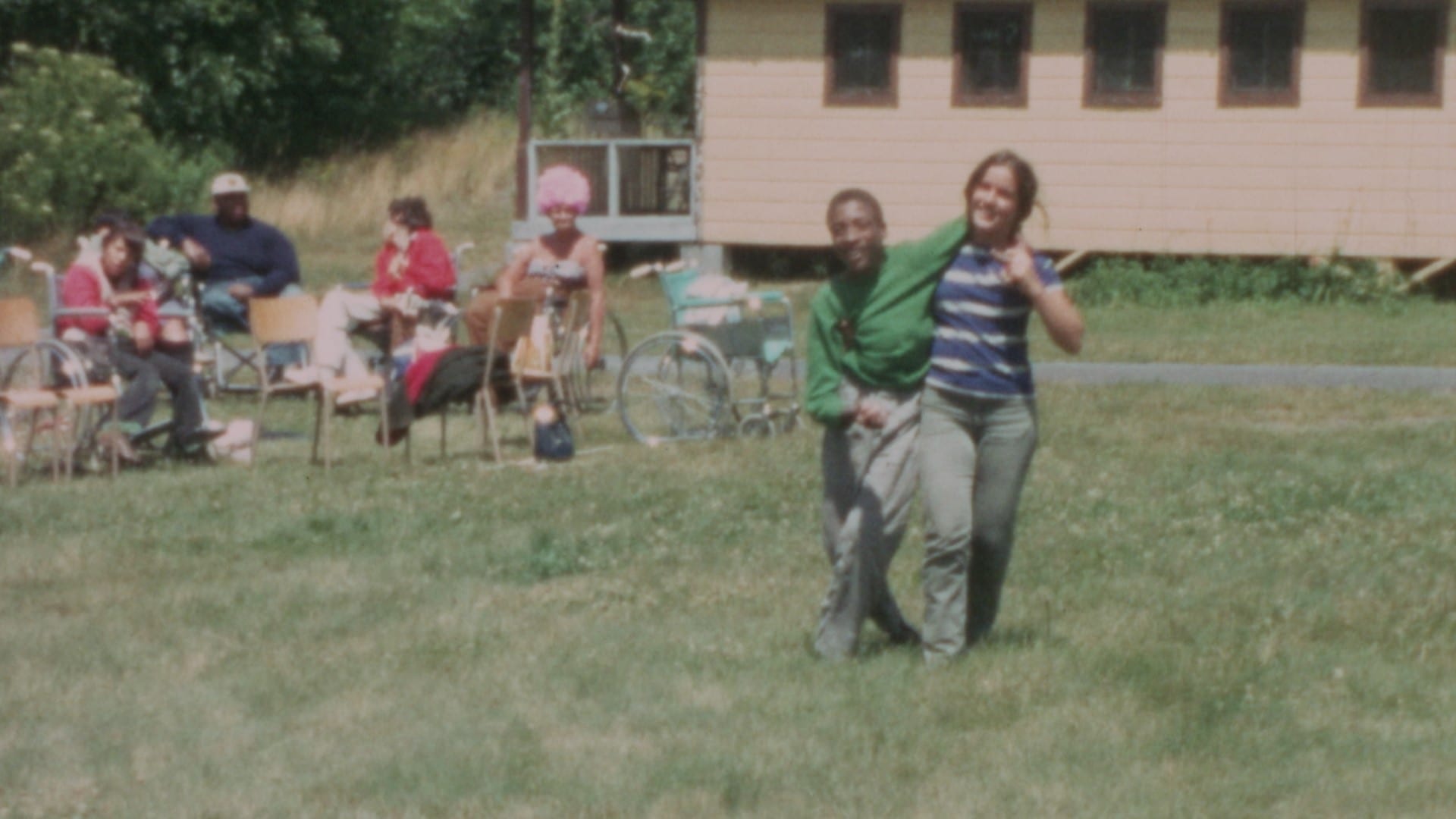
#Slamdance2024: Unstoppable Features
Slamdance Film Festival has often looked to distinguish itself by providing an outlet for filmmakers who see the world a bit differently. One of the ways it does that is through the “Unstoppable” sections, both for feature films and shorts. These films are made by or about people with disabilities (whether visible or not). Here…







